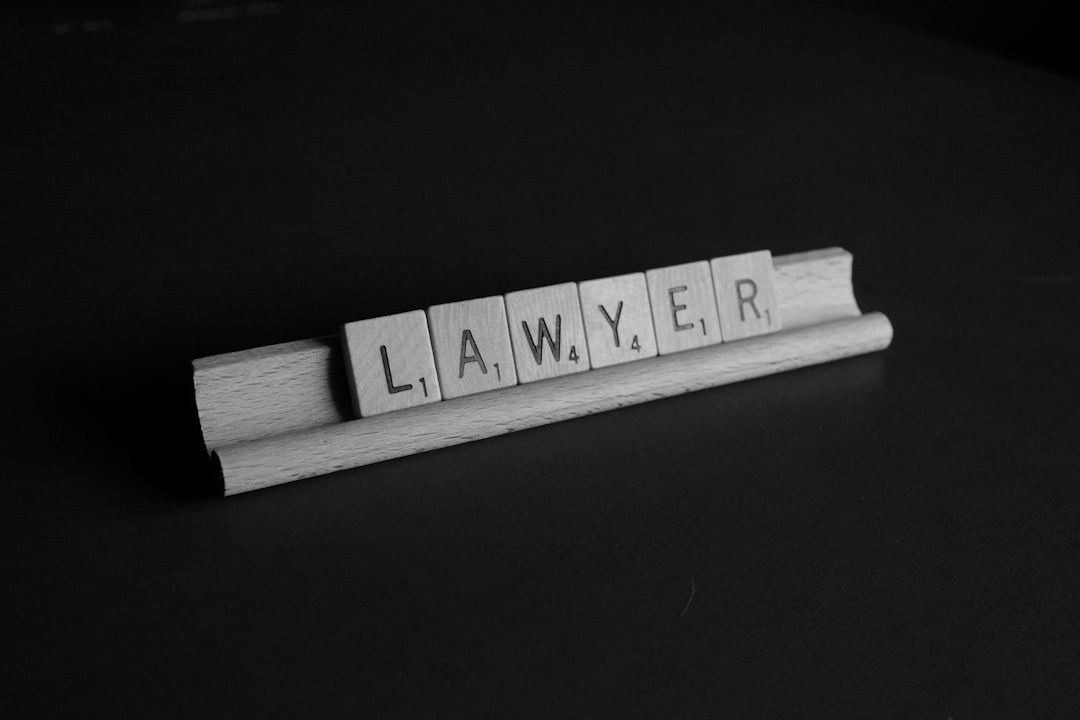The #MeToo movement sparked substantial changes in St. Louis, Missouri's rape laws, shifting from punishment-focused to victim-centric approaches. Rape law firms in St. Louis MO have been instrumental through legislative advocacy, representation, and education, driving advancements like increased emphasis on consent, stricter penalties, and enhanced legal avenues for survivors. These firms continue to advocate for stronger laws and policies while addressing system biases and procedural gaps, aiming to create a more inclusive, responsive, and equitable legal environment for all victims.
“The #MeToo movement has sparked a significant shift in societal discourse and legal reform, particularly regarding sexual assault cases. This article explores the impact of this global phenomenon on the laws in St. Louis, Missouri. We delve into the evolution of rape laws, examining their transformation through a #MeToo lens. Additionally, we highlight the crucial role of specialized law firms in St. Louis that focus on sexual assault cases and discuss the long-term effects and ongoing challenges within the legal landscape.”
Evolution of Rape Laws in St. Louis, MO: A #MeToo Perspective
The #MeToo movement has sparked significant changes in laws across the country, including St. Louis, Missouri. Historically, rape laws in St. Louis have evolved gradually, often driven by public sentiment and high-profile cases. Early laws focused on punishment but lacked comprehensive protections for victims. Over time, there’s been a shift towards victim-centered approaches, with an increased emphasis on consent, stricter penalties for non-consensual acts, and improved legal avenues for survivors to seek justice.
Rape law firms in St. Louis MO have played a crucial role in these advancements by advocating for legislative reforms, providing legal representation to victims, and educating the community about their rights. The #MeToo movement has further propelled this progress, fostering an environment where conversations about sexual assault are more open, and survivors feel empowered to come forward. As a result, St. Louis has seen stronger rape laws that prioritize prevention, prosecution, and support for those affected by sexual violence.
The Role of Law Firms Specializing in Sexual Assault Cases
In the wake of the #MeToo movement, there’s been a significant shift in legal landscapes across the country, and St. Louis, MO is no exception. Law firms specializing in sexual assault cases have played a pivotal role in this transformation. These firms have not only provided crucial support to survivors but also pushed for stronger laws and policies that address rape and sexual harassment. By offering pro bono services and legal expertise, they’ve ensured that victims receive justice and that perpetrators are held accountable.
Rape law firms in St. Louis MO have been instrumental in educating the public, policymakers, and legal professionals about the complexities of sexual assault cases. They’ve advocated for reforms in criminal procedures, evidence collection, and victim support services. Their efforts have led to improvements in local rape laws, making it easier for survivors to pursue justice and helping to create a safer environment for all residents.
Long-term Effects and Ongoing Challenges in the Legal Landscape
The #MeToo movement has had a profound impact on the legal landscape in St. Louis, Missouri, and its effects are expected to be long-lasting. One significant outcome is the strengthening of laws related to sexual assault and harassment, particularly in the context of rape. Local rape law firms have been instrumental in advocating for stricter legislation, ensuring survivors have access to justice and adequate support. This has led to more robust legal frameworks that protect victims’ rights and hold perpetrators accountable.
However, despite these advancements, ongoing challenges remain. The movement has shed light on systemic issues within the justice system, including biases and gaps in procedures. As a result, there is an ongoing effort to improve training for legal professionals, raise awareness among the public, and enhance support services for survivors. These efforts aim to create a more inclusive and responsive legal environment, addressing historical inequities and ensuring that the voice of every victim is heard.





